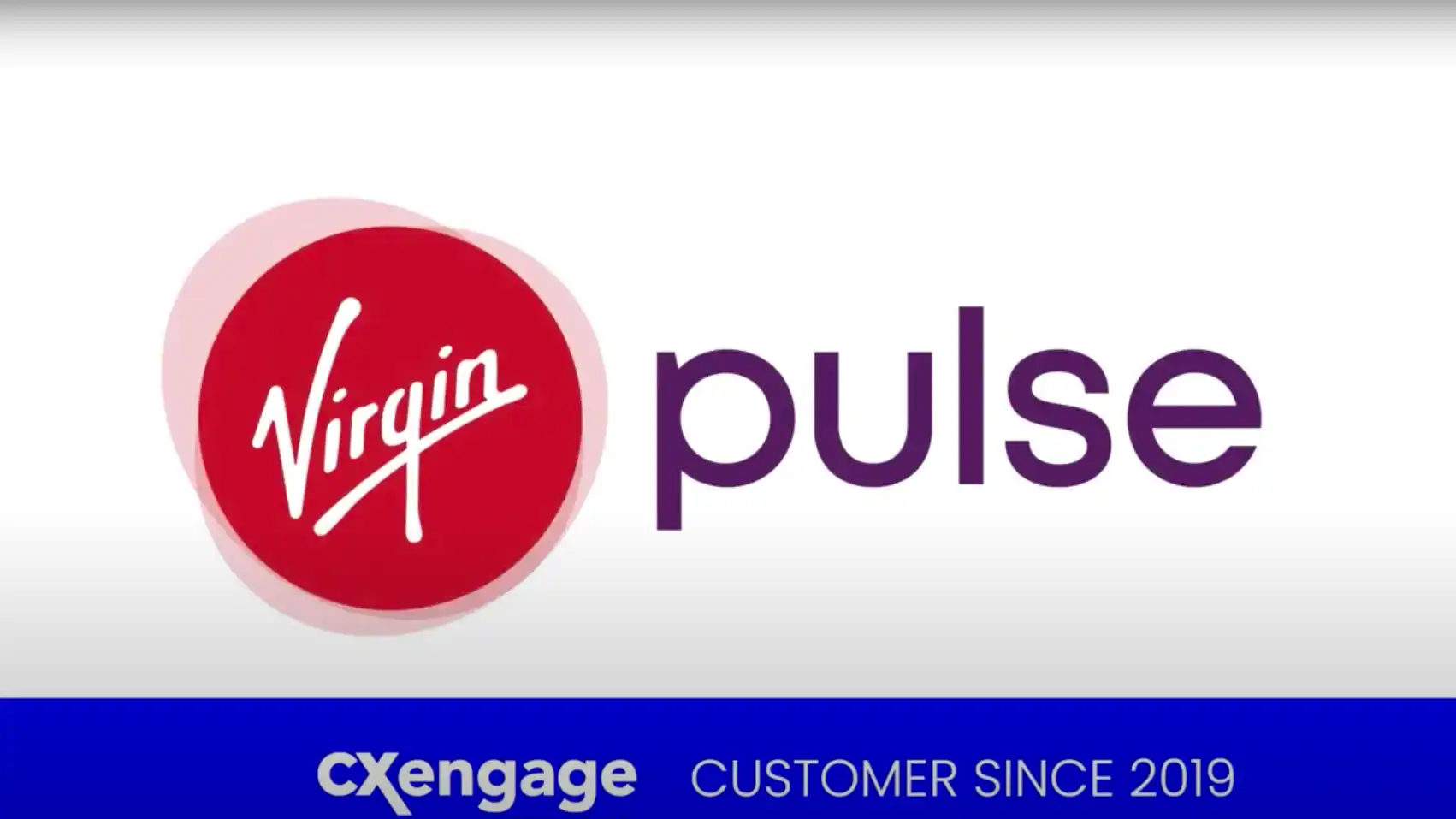[Editor’s note: Below is a guest blog from Donna Fluss, President of DMG Consulting LLC. To dive into the topic further, check out Donna’s full whitepaper entitled, “What End Users Want From Their Cloud-Based Contact Center Infrastructure Vendor.”]
By Donna Fluss, President of DMG Consulting LLC.
I am frequently asked to recommend a cloud-based contact center infrastructure vendor, and people are surprised when I don’t just give a few names, since my firm dedicates thousands of hours every year to evaluating the competitors and their solutions in this IT sector. While there are many vendors, it’s not simple to pick the right one for each company.
There are some givens. The solution must natively provide omni-channel support and come with the features and modules that you need. The system must be highly reliable and the vendor must be willing to commit to a service level that satisfies your company. And, of course, it must address all of your company’s security requirements. Those are the basics. Now this is where it gets to be fun.
It’s best to select a cloud-based contact center infrastructure vendor who has a great deal of experience in your vertical, as this increases your chances of having a successful implementation. The vendor should be comfortable supporting an implementation of your size, whether it’s small or large. (Many vendors do not want to support small contact centers, and if they communicate this during the selection process, it’s a warning sign about their reluctance to help maintain your solution in the future.)
While it really shouldn’t matter where the vendor is based, as their services are delivered via the cloud, it is important to select a vendor that is going to be a good partner to your organization. It’s also essential to select a vendor that has the skilled resources to support your company’s needs – such as professional services to build the integrations needed to support screen-pop, or operational consultants who can come in and help you improve service quality.
This brings us to the topic of integrations. Doing a screen-pop is the most basic level of integration. In today’s exceedingly competitive world, delivering great service is a necessity, and your cloud-based contact center infrastructure solution should be a strategic weapon. Even if you’re not doing it today, you are likely going to need to integrate your contact center solution to your customer relationship management (CRM), sales, collections or other types of systems in order to intelligently route omni-channel interactions to the right people. Find a vendor who has experienced resources and fair prices for building the integrations.
Another important differentiator between providers is in the area of innovation. While all cloud-based vendors claim to deliver ongoing enhancements, this is not the case. If you’re going to need customizations, find a vendor who has the time and resources to work with your company, and document these specific needs in the contract. Check their references to make sure that they honor their commitments.
The last item to point out is culture. Select a vendor that “gets it,” whatever “it” happens to be in your particular environment. Although the solution is in the cloud, you are going to be interacting with your contact center infrastructure vendor, and you want to find one that is going to be a good partner during the selection process and throughout your relationship.
To learn more about best practices to help you select the right cloud-based contact center infrastructure vendor for your operating environment, read DMG’s white paper What End Users Want From Their Cloud-Based Contact Center Infrastructure Vendor.






